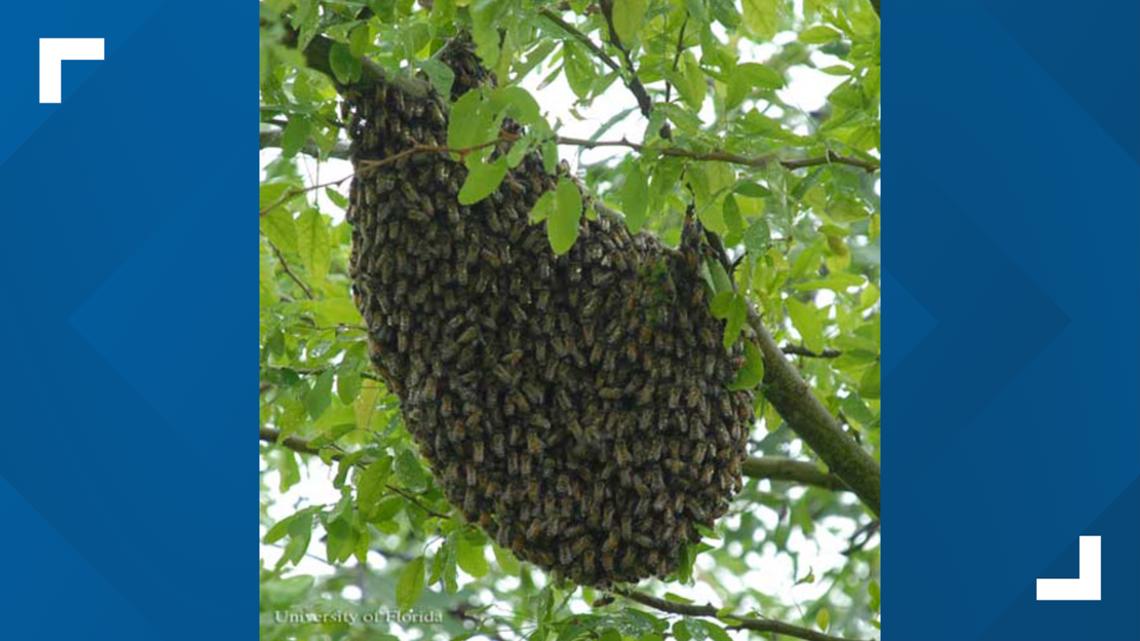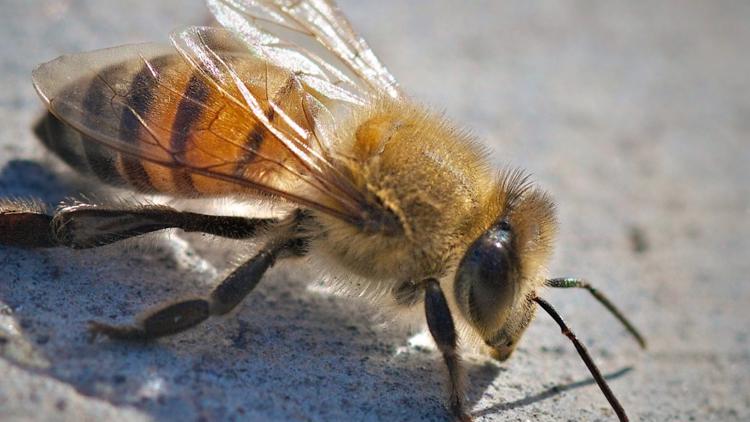MONTGOMERY, Ala. — The Alabama Department of Agriculture and Industries (ADAI) has confirmed Africanized Honeybees (AHB) in Jackson and St. Clair Counties. Local beekeepers found and euthanized swarms to protect Alabama’s honeybees.
According to ADAI, they are acting quickly to address the invasive bees, setting traps within a five-mile radius of the discovery sites to detect any more Africanized Honeybees. ADAI is also contacting beekeepers near the areas, providing guidance on identifying and managing the honeybees. Beekeepers are encouraged to report any suspicious bee activity, with ADAI collecting samples as necessary to monitor the situation.
"Our goal is to protect residents and our local bee populations," said Agriculture & Industries Commissioner Rick Pate. "We're diligently monitoring and taking action to prevent these aggressive bees from spreading."
Africanized Honeybees behave differently from European Honeybees (EHB) but share a similar appearance. According to ADAI, neither type typically attacks humans or animals unless provoked, using their sting defensively to protect their young and food.
Key differences in Africanized Honeybees and European Honeybees include:
- Africanized Honeybees are more defensive and easily agitated compared to European.
- AHB swarm more frequently and in larger numbers.
- AHB nest in various places including in the ground, whereas EHB prefer above-ground places.
- AHB will pursue threats for over a mile, while EHB only for shorter distances.


The public is urged to report any unusually aggressive bee behavior to ADAI, as Africanized Honeybees can pose risks to humans and animals. It's important to avoid provoking swarms and seek professional assistance for bee removal.
To report suspected Africanized Honeybees, contact ADAI’s State Apiary Unit at (334) 240-7228 or (334) 240-7172. For more information on honeybees, visit here.



